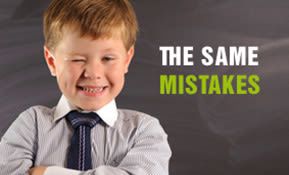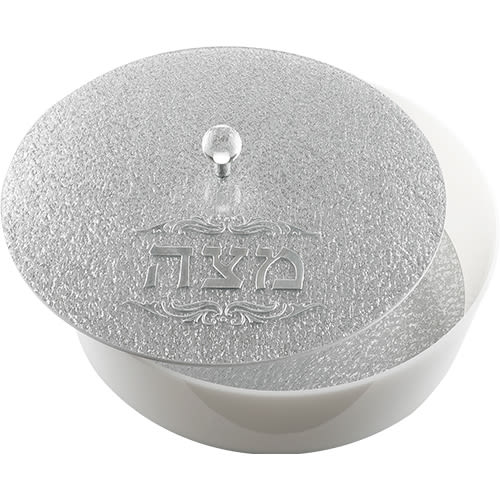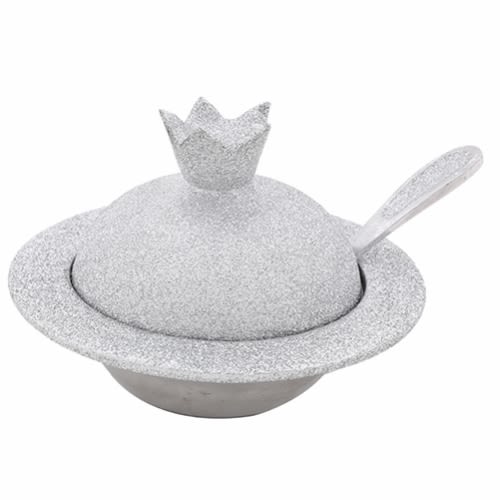
The Hall of Mirrors
The key to successful parenting is self-introspection. Do we have the tools we need to pass on to our children? Are we kind, considerate, honest people? Do we control our anger?

When the fair used to come to town, I enjoyed going on the less nauseating rides and eating the more nauseating food. As I recall, I usually went on the ride before I ate the food- the reverse order would have brought messy and horrifying results. One of the more entertaining parts of the fair was the Hall of Mirrors. Each mirror distorted my face and figure into a grotesquely funny caricature of myself. The design of the mirrors were such that they each had a specific way to alter my appearance so that one area was totally blown out of proportion. One mirror made my face look like it was the shape of a watermelon. Another made my middle look like a marshmallow puff. It was pretty entertaining. These days, my mirrors reflect something that I’d rather not see: my flaws. In fact, they emphasize my flaws just like the town fair mirrors, but I’m not laughing. Obviously I’m not referring to my physical flaws- I’m talking about my spiritual imperfections. In continuing my journey to enlightened parenthood, I came across a line that, to me, sums up the secret of success in parenting. Rav Arush never ceases to amaze me. Recently a friend of mine shared this one wonderful piece of advice, and I was wowed by the unbelievable accuracy and simplicity of Rav Arush’s wisdom. He offers a very simple, yet groundbreaking, rule of thumb when it comes to  educating our children. It is: If we live it, we can give it. This, in eight simple words, sums up the challenges and potential successes we have as parents.
educating our children. It is: If we live it, we can give it. This, in eight simple words, sums up the challenges and potential successes we have as parents.
Every parent wants the best for their child. We all want our kids to be better than us in every way. We want them to be smarter than us, healthier than us, more beautiful than us, and generally have an easier and better life than we had and continue to have. Each generation hopes that the next generation will be an improvement on the previous one. But what do we see happening? We see things going in reverse: kids of today have less moral character, less respect for their elders, less inclination to listen to their parents, and a whole lot more inclination to rebel. Kids today think they’re entitled to every privilege adults have, as they already think they’re adults by the time they’re 12! Even my oldest son, who’s only seven, thinks he’s on the same level of maturity as me and talks to me like I’m the kid! We want our kids to become considerate, responsible adults- but what are we doing to achieve that goal?
We see discipline doesn’t work in the long run. It creates a wall of hatred from the child to the parent and vice versa. As the child grows, stronger and harsher attempts at discipline are used, but ultimately fail to change the child into a more obedient one. The usual outcome occurs- teenagers think their parents don’t understand them, and there is minimal, if any, closeness with their parents. Unfortunately, the hurt both sides experience is so deep, and many times the damage is irreparable. The baggage then gets passed to the next generation, complicating the parent/child relationship even more. Where do things go wrong? The inherent problem is that most parents think they’re raising dogs, not kids. A dog will listen when you smack it on its tush, or tell it “bad dog” after it misbehaves. It will give a little cry and back away with its tail between its legs. After several incidents like this, the dog will be less inclined to continue with its unwanted behavior. Is this what we want from our kids? Do we really expect our kids to be as emotionally and mentally simple as a dog, that we think we can achieve the same results? Unfortunately, we do. We think that by repetition of certain punishments, we will create a Pavlovian reaction; that they will instinctively respond to our stimulus accordingly. Objectively speaking, this is not only a ridiculous approach, but an insulting one as well. Do we really think that low of our children that we put them on the same emotional and behavioral level of ananimal? For more insight regarding discipline, please refer to my article, “Breaking My Vessel”.
The key to successful parenting is self-introspection. Do we have the tools we need to pass on to our children? Are we kind, considerate, honest people? Do we control our anger? Do we complain about things? Are we sometimes lazy? Rav Arush explains that our children are mirrors of ourselves. Therefore, if we see something in them that bother us, it is a sign that we must look within and see where we behave the same way. Honestly, it drives me crazy at times, when I can’t just punish one of my kids for misbehaving. It’s like looking in the mirror and getting an electric shock every time I look! If one of my kids is yelling, I can’t yell back at him to be quiet! How many times do we do this? We use the same wrong behavior that they’re doing to discipline them! If one kid hits another, I hit them to stop them! Does this make any sense? It’s amazing how being a parent makes one think they are infallible and all-knowing. Where’s the humility?
This is why Rav Arush’s advice is priceless. Not only do we win by correcting ourselves, we show our children by example the proper way to behave. Did you listen to your parents when they warned you not to do something, or did you have to find out for yourself? Most of us didn’t listen, because we thought our parents didn’t understand us. Whatever they knew back when the dinosaurs roamed wasn’t relevant in our modern times, we deduced. Our kids are doing the same thing to us today. This is why trying to lecture our kids into behaving will never work. I came up with a short list of traits that point out exactly in which areas I can influence my children and myself to be better people:
If I’m angry, how can I expect my children to control their tempers?
If I’m lazy, how can I expect my children to pick up after themselves?
If I’m arrogant, how can I expect my children to respect me?
If I’m selfish, how can I expect my children to be considerate?
If I’m materialistic, how can I expect my children to be spiritually-oriented?
If I’m dishonest, how can I expect my children to tell the truth?
If I’m uncaring, how can I expect my children to be sensitive to others?
If I’m critical, how can I expect my children to look up to me?
If I gossip, how can I expect my children to speak positively of others?
If I put work first, how can I expect my children to put me first?
Please feel free to make your own list, and I encourage you to print the list and put it in places that you see frequently. For me, that would be the refrigerator door. This simple line is the golden key to parenting. Any parent who reads this and tries their best to implement it will surely see tremendous results. This form of chinuch is by far the hardest, but I am confident that it will give us the results we want- children who are kind, considerate, and a blessing to be around.











Tell us what you think!
Thank you for your comment!
It will be published after approval by the Editor.